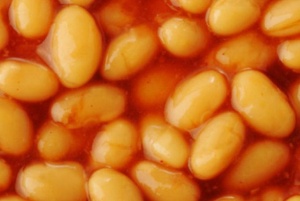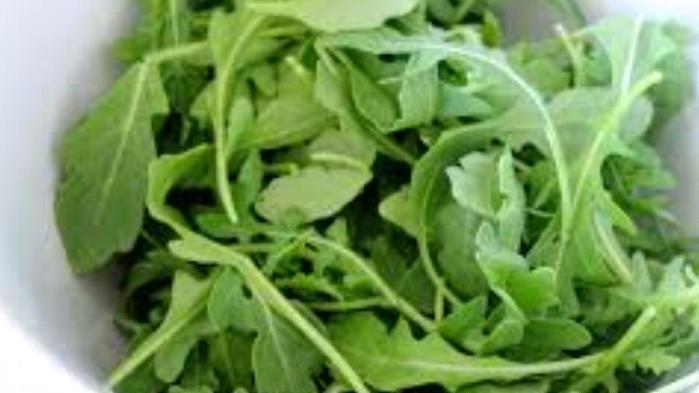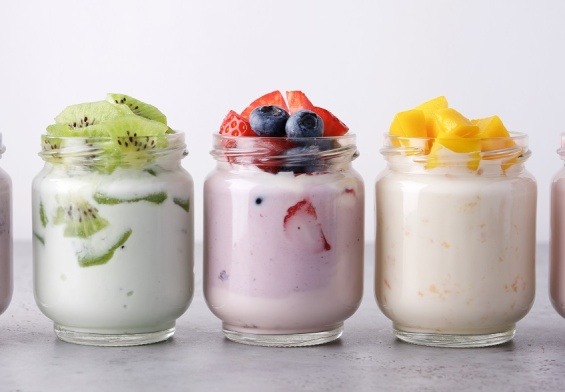It’s Friday at your workplace and the boss is out for the day. Someone suggests doing Mexican food for lunch and soon all the employees are making a mad dash for the door. You feast on all that tasty fare and head back to work, however, the rest of the day you swig water until you are sure you can hear that water sloshing around inside of you. Blame it on the spicy salsa and a few too many warm tortilla chips. But, not only that, you want to loosen your pants because you feel like a balloon about to burst – must’ve been the refried beans! Mexican food sure is tasty, but everyone jokes about beans and their aftereffects.
Beans
As kids, we all learned the ditty about eating too many beans, and, though beans may have such unpleasant aftereffects like flatulence – oh, let’s just call it “gas”, laugh if you must, but beans are one of the best foods you can ingest to increase your fiber intake and ensure you keep your digestive tract healthy and not plagued from any of the major issues that occur when you have bad gut bacteria lurking within.
 Not only are beans great for boosting your fiber intake, the latest dietary guidelines recommend we triple our current intake from one to three cups per week. Beans are an excellent source of protein, fiber and iron and help thwart cancer, diabetes and heart disease. Vegetarians use beans as a diet staple for protein and as a meat substitute. Beans boost your iron and for women of childbearing years, or those who donate blood on a routine basis, beans are the very best way to increase your iron naturally without resorting to supplements. Remember that any time you can eat healthy, without the use of supplements is better for your overall health – natural is the way to go!
Not only are beans great for boosting your fiber intake, the latest dietary guidelines recommend we triple our current intake from one to three cups per week. Beans are an excellent source of protein, fiber and iron and help thwart cancer, diabetes and heart disease. Vegetarians use beans as a diet staple for protein and as a meat substitute. Beans boost your iron and for women of childbearing years, or those who donate blood on a routine basis, beans are the very best way to increase your iron naturally without resorting to supplements. Remember that any time you can eat healthy, without the use of supplements is better for your overall health – natural is the way to go!
Veggies and fruits cause gas
As you know, doctors recommend that you ingest fiber to keep your colon healthy and to prevent irregularity. The good doctors also recommend drinking a lot of water as well. You may like fibrous food like rustic whole-grain bread or fruits and veggies, but you don’t like that bloated can’t-button-your-pants feeling you get, nor the gassy aftereffects of eating them. The excess water doesn’t help either, because, along with the fiber, you are bound to wind up with flatulence or gas. So, often the healthy consumption of same goes right out the window.
While it is commendable that you try to eat a lot of produce and whole grain cereals or bread, you need to increase the fiber gradually. That way, in small steps, your system becomes acclimated to the increased fiber and gradually the gas will become minimal. Of course the water that you chug, especially if you are an 8-per-day person, is what makes you feel like a balloon as the fiber expands within your intestines … it may feel uncomfortable, but that is a good thing. You are helping your digestive system naturally.
Introduce high fiber foods to your gut
Start by eating those recommended beans once a week, then gradually incorporate them into your diet three times a week as suggested. Enjoy a bowl of oatmeal every morning, but begin swapping that white-bread sandwich for whole grain bread several times a week, then every day. Whole grain bread or rolls used to be blah, boring and tasteless. But, the trend toward healthy eating has manufacturers eager to bring more ancient grains and whole-grain bagels, buns and bread to your grocer’s shelves; you don’t even have to head to a health food store to find them.
I’ll bet when you were at a party or gathering, you enjoyed those crudités and dressing didn’t you? Why can’t you enjoy those tasty tidbits at home too? Just wash some broccoli or cauliflower, or other cruciferous veggies, cut them up then dip them into fat-free or low-fat veggie dressing or even ranch dressing. They are an excellent way of adding fiber to your system without over burgeoning it with too many gassy foods at one time. Explore some of the cruciferous veggies listed below – they create “roughage” and help prevent constipation. Not only will these veggies “make the going great”, they are valuable antioxidants that help thwart cancer and will add a healthy dose of Vitamin A carotenoids, even Vitamin C to your diet.

Some Popular cruciferous veggies
- Arugula
- Bok Choy
- Broccoli
- Brussels sprouts
- Cabbage
- Cauliflower
- Chinese cabbage
- Collard greens
- Kale
P.S. – Kale chips are a fun way to add Vitamin K to your diet without the gassiness associated with raw veggies. You can oven roast kale and you’ll only lose a small portion of the beta-carotene and vitamin properties which make kale chips such a popular and healthy snack. No time to prepare kale chips – no problem … the store-bought kale chips are also healthy for you.


